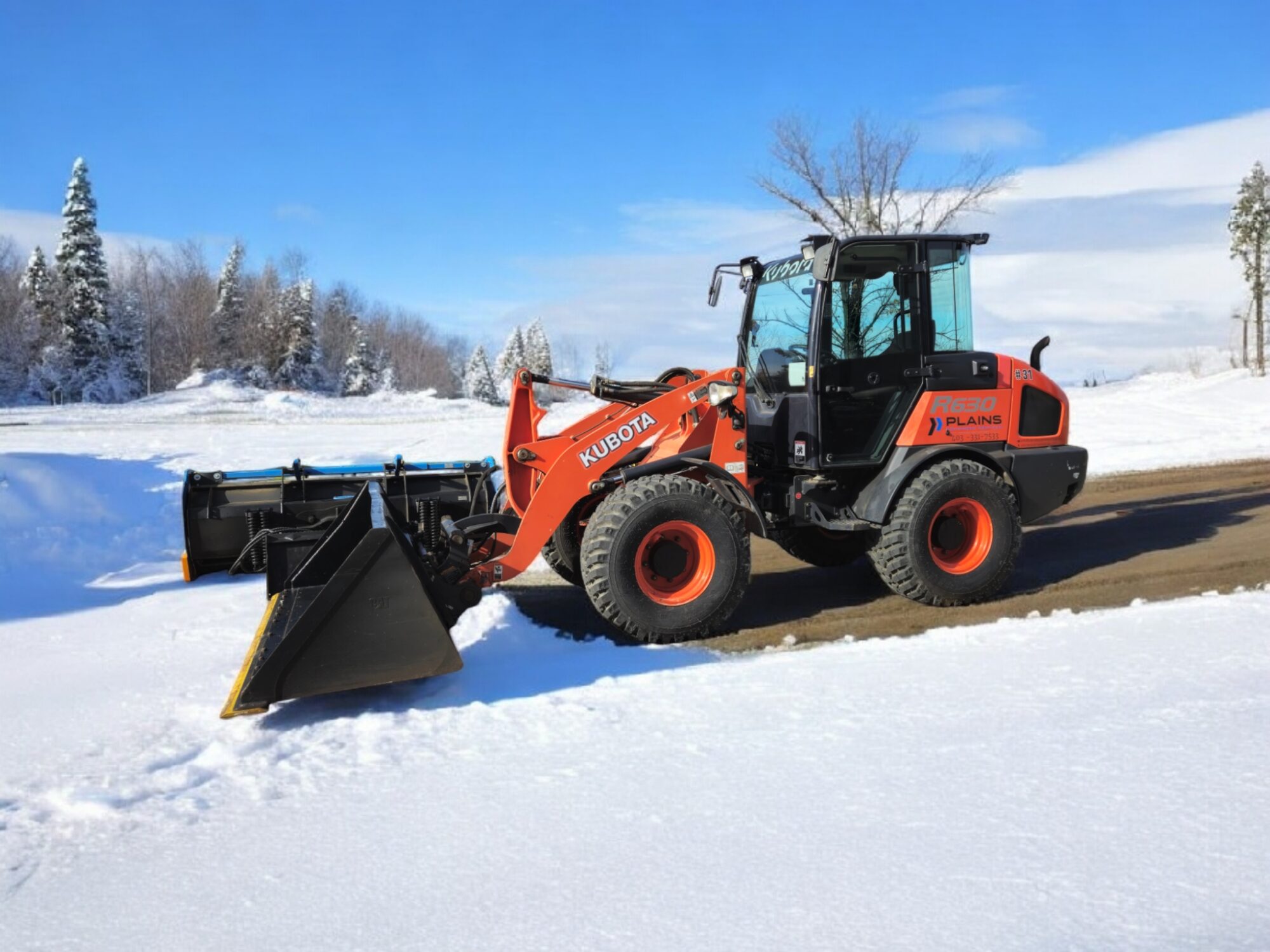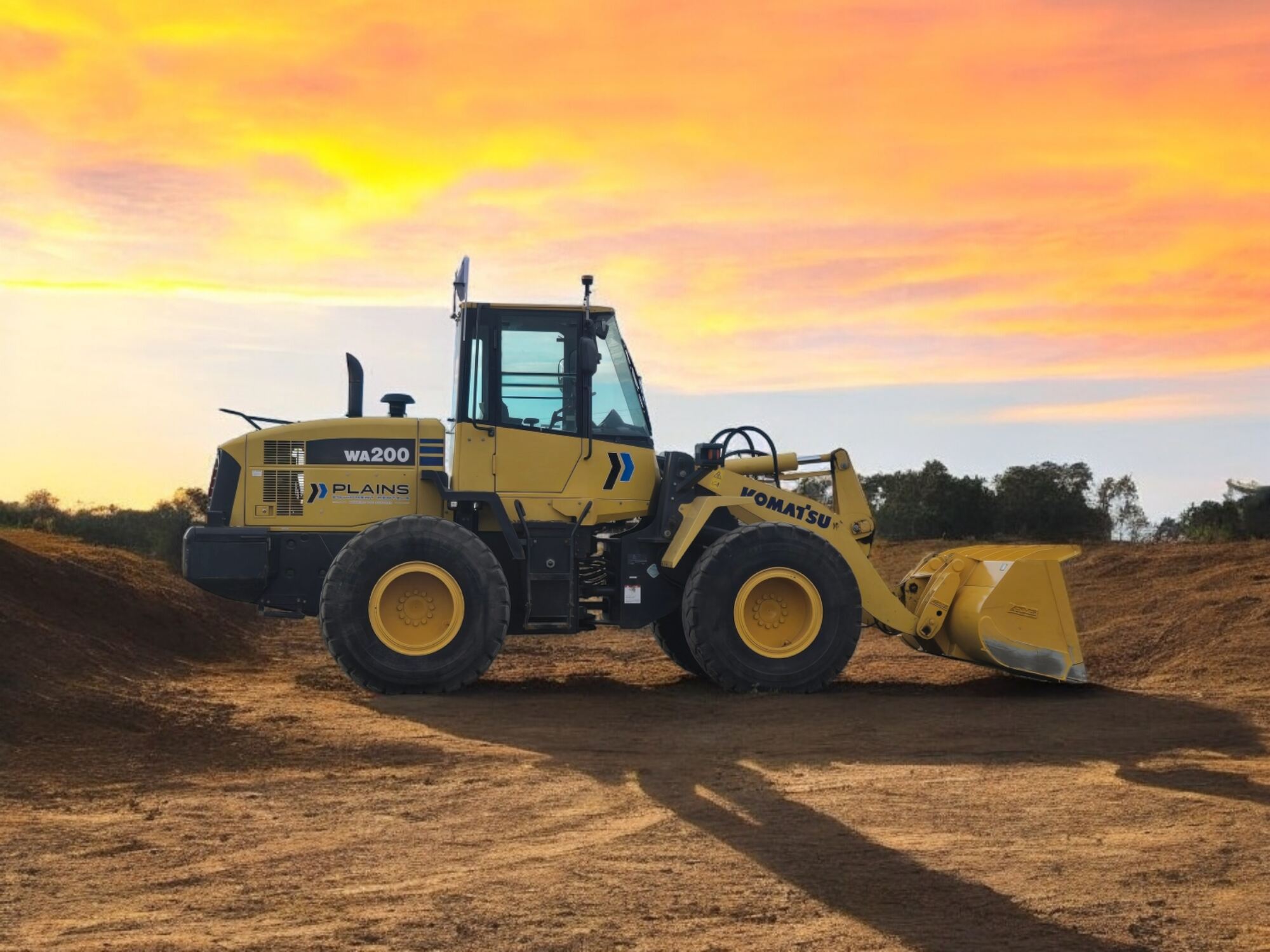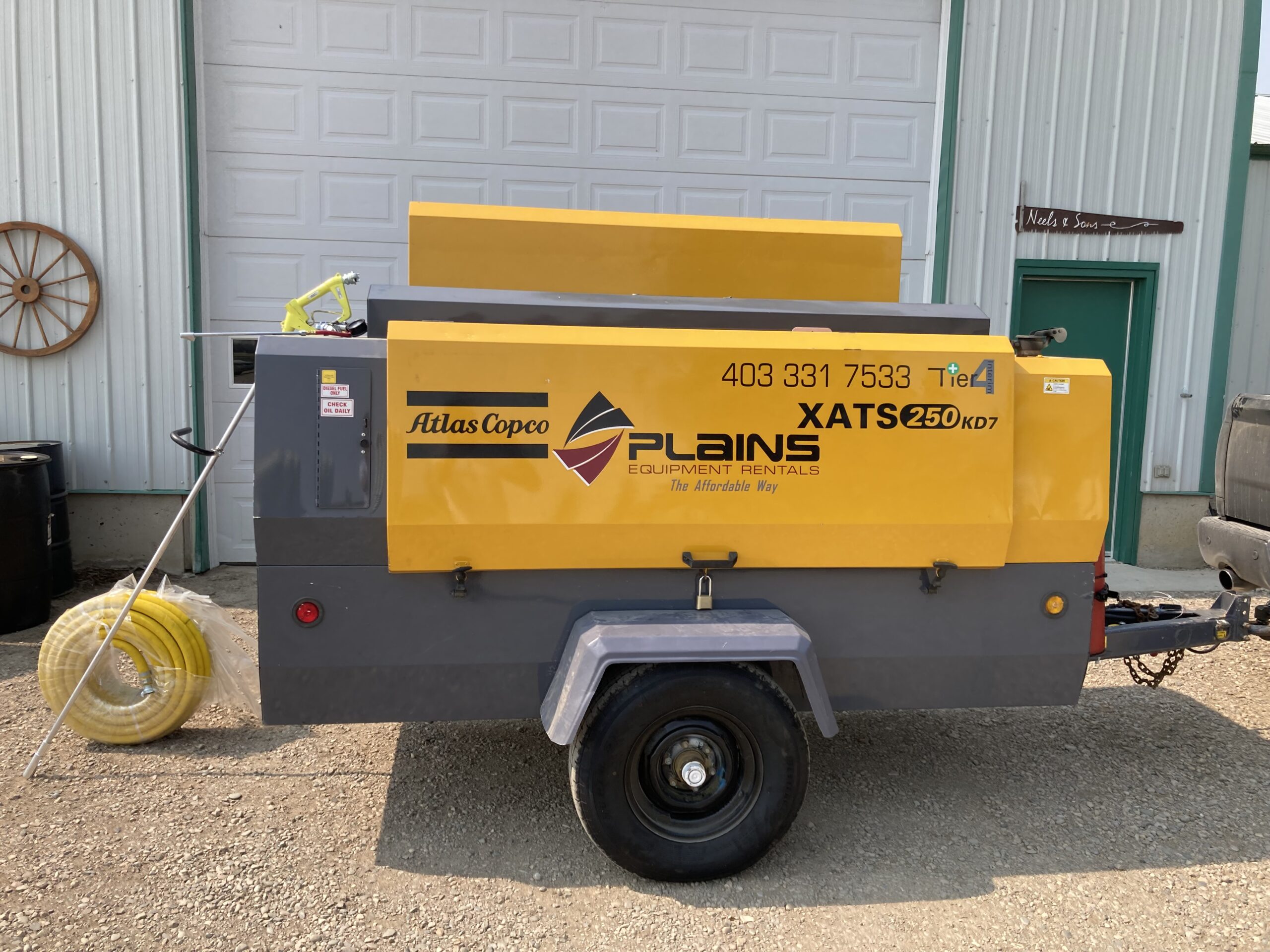The heavy equipment industry continues to evolve, driven by advancements in technology and changing market demands. We’ll explore key trends and emerging technologies that are shaping the future of construction equipment.
The Outlook for Construction Equipment in 2024
The construction equipment industry is poised for growth, fueled by increasing urbanization, infrastructure projects, and a renewed focus on sustainability. Companies are leveraging advanced technologies to improve efficiency, reduce environmental impact, and address the skilled labor shortage.
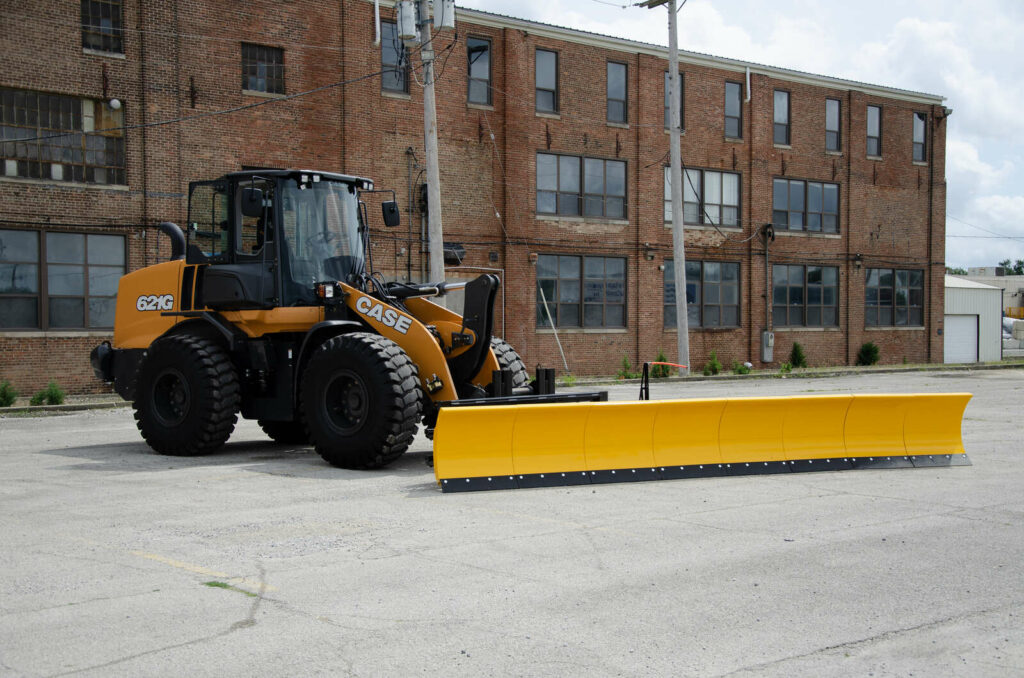
The Future of Construction Technology
Equipment Telematics
- What It Is: Equipment telematics involves the use of telecommunications and informatics to gather and send data from construction equipment in real-time.
- Benefits: Enhances operational efficiency through remote monitoring, predictive maintenance, and fleet management.
- Trends: Increasing integration of AI and machine learning to provide more insightful analytics and proactive maintenance solutions.
The Rise of Automation and Robotics
- Trend Overview: Automation technology is not new, but its adoption is accelerating. Robots and autonomous vehicles are set to take over more tasks traditionally done by humans.
- Impact: Reduction in labor costs, increased safety, and higher precision in tasks like excavation and grading.
New and Emerging Technologies in Construction
- 3D Printing: Expanding beyond small prototypes, 3D printing is being used for large-scale construction projects, such as building bridges or houses directly on-site.
- Modular Construction: This method involves assembling sections of a structure off-site, then transporting them to the location for quick assembly, improving construction speed and quality.
- Green Technology: With a growing emphasis on sustainability, new equipment is being designed to operate on alternative fuels like electricity and hydrogen, reducing carbon footprints.
The Future of Heavy Equipment Operators
- Trends and Insights: As equipment becomes more advanced with telematics and automation, the role of equipment operators is shifting towards more skilled management and oversight, requiring continuous education and adaptation.
- Training and Development: The need for skilled operators proficient in technology and data analysis is increasing. Virtual reality (VR) and simulation-based training are becoming standard practices for training operators safely and effectively.
Challenges and Opportunities In Construction
- Cybersecurity: With the rise of telematics and connected equipment, protecting sensitive data from cyber threats is becoming a crucial challenge.
- Regulatory Changes: Companies must stay abreast of changes in regulations related to emissions, equipment safety, and technology use.
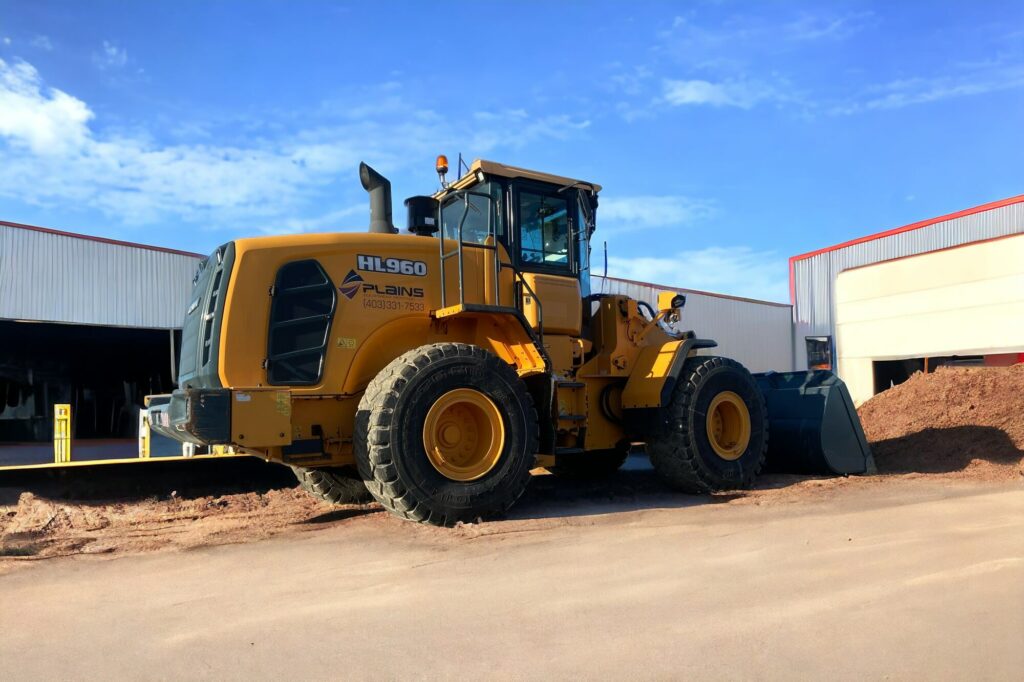
Renting vs. Buying Construction Equipment: Trends and Insights
As businesses adapt to the fluctuating market conditions, the decision between renting and buying construction equipment has become more significant. Both options offer distinct advantages, and the best choice can depend on several factors including project duration, financial flexibility, and the frequency of equipment use.
Benefits of Renting Heavy Equipment:
- Flexibility: Renting provides the flexibility to access the latest equipment as needed, without the long-term commitment of ownership.
- Reduced Costs: It eliminates the upfront investment and lowers the burden of maintenance, storage, and transportation.
- Project-Specific Solutions: Renting allows for selecting the most suitable equipment for specific projects, which can be particularly beneficial for unique or one-time jobs.
Advantages of Buying Heavy Equipment:
- Long-Term Investment: For frequent and regular use, purchasing equipment can be more cost-effective over time.
- Asset Ownership: Owning equipment can be advantageous for companies seeking to capitalize on depreciation and potential resale value.
- Availability and Readiness: Ownership ensures equipment is readily available anytime, avoiding potential rental unavailability during peak periods.
The trend towards renting is gaining momentum, driven by the desire for operational flexibility and the reduction of logistical burdens.

Heavy Duty Equipment in 2024
The future of heavy equipment in 2024 is marked by rapid technological advancement and significant shifts in operational practices. Staying informed about these trends and adapting to them is key for companies to remain competitive and efficient.


